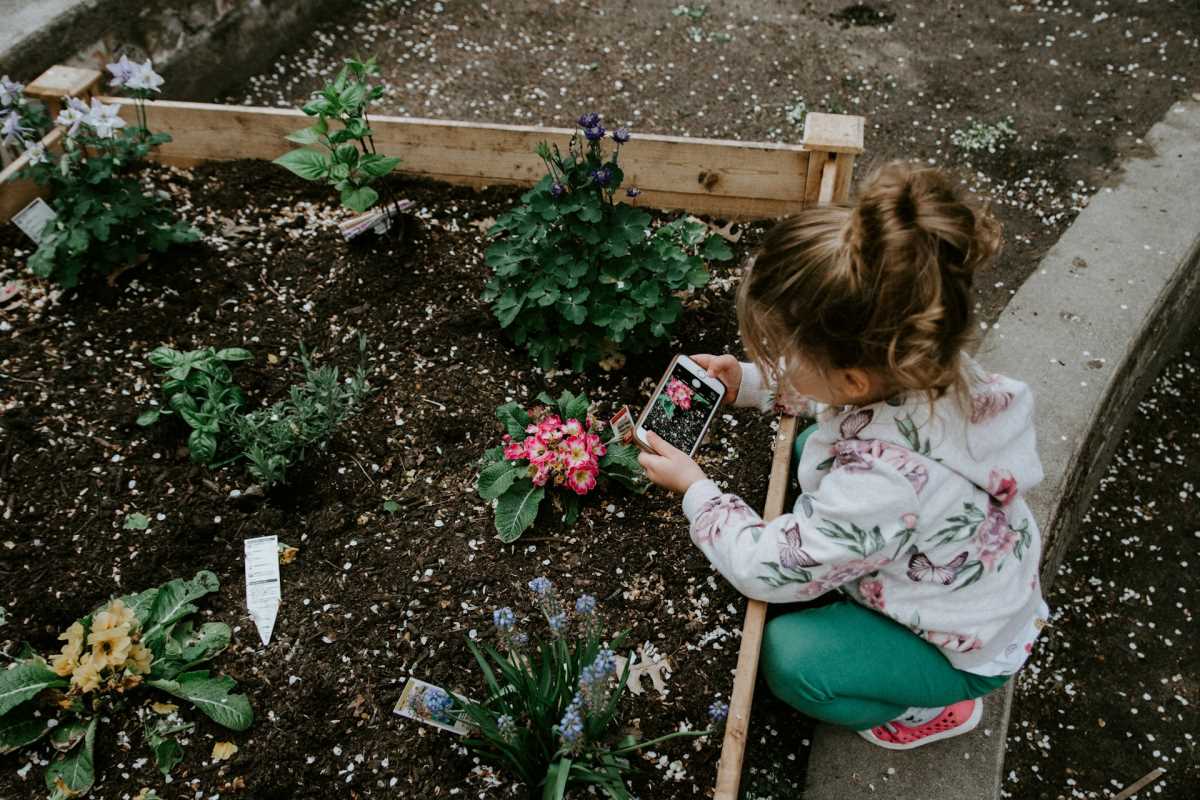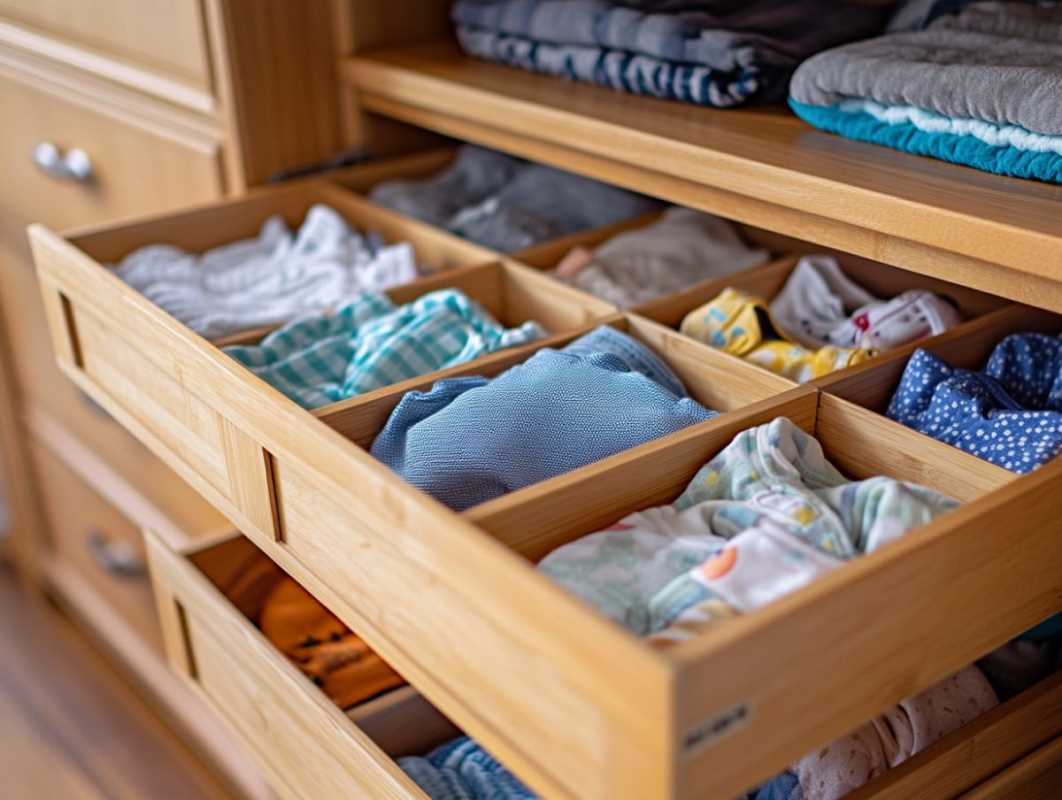Gardening can be a fulfilling and rewarding hobby, especially when it comes to growing your vegetables. There’s something truly satisfying about cultivating your produce, knowing exactly where your food comes from, and having the freshest ingredients on hand for your meals. However, to ensure a successful vegetable garden, it is essential to have the right supplies and tools. From soil amendments to planting tools, having the proper equipment can make a significant difference in the health and productivity of your plants. Here are some essential supplies and tools you'll need to create a thriving vegetable garden.
Quality Soil: The Foundation of Success
Good soil is the foundation of a successful vegetable garden. Healthy soil provides your plants with the nutrients they need to grow, develop strong root systems, and produce an abundant harvest. Opt for nutrient-rich, well-draining soil that promotes healthy root development and overall plant growth. If the soil in your garden isn’t ideal, you can improve it by adding compost or organic matter, which can help enhance the soil’s structure and fertility.
Compost, in particular, is an invaluable addition to any garden. It enriches the soil by adding essential nutrients such as nitrogen, phosphorus, and potassium, which your plants need for optimal growth. Organic matter also improves soil aeration and drainage, ensuring that water doesn’t pool around plant roots, which can lead to root rot. By starting with quality soil, you set the stage for a thriving vegetable garden, allowing your plants to grow strong and healthy.
Seeds and Seedlings: The Building Blocks of Your Garden
Whether you prefer starting your garden from seeds or purchasing seedlings from a nursery, having a variety of vegetable plants is essential for a bountiful harvest. Seeds are a cost-effective option and allow you to grow a broader selection of plants. They also give you the satisfaction of nurturing your plants from the very beginning. When buying seeds, look for high-quality seeds from reputable sources to ensure good germination rates and healthy growth.
Seedlings, on the other hand, offer a head start since they’ve already passed the germination stage. If you want to accelerate your growing process or have a shorter growing season, purchasing seedlings might be the best option. Be sure to choose healthy seedlings with strong stems and green leaves, avoiding any that look wilted or discolored. Whether you choose seeds or seedlings, diversifying your garden with different vegetables will not only provide variety on your plate but also improve your garden’s resilience to pests and disease.
Watering Can or Hose: Consistent Hydration for Your Plants
Watering your vegetable garden consistently is essential to keeping your plants hydrated and thriving. Whether you’re nurturing delicate seedlings or mature plants, providing the right amount of water is crucial. For small garden beds, a watering can with a gentle shower nozzle can help you water plants evenly without damaging tender foliage or soil structure. If you have a larger garden, a hose with a nozzle attachment can make the task easier and more efficient.
Watering regularly is especially important during hot weather, as vegetable plants can dry out quickly. Be mindful of your plants’ water needs—different vegetables have varying requirements. Some may need daily watering during peak growing seasons, while others can tolerate drier conditions. An essential tip is to water early in the morning or late in the afternoon to minimize evaporation and allow the plants to absorb moisture effectively.
Hand Trowel and Transplanting Spade: Essential Planting Tools
When it comes to planting seeds or transplanting seedlings, having the right tools makes a big difference. A hand trowel is one of the most versatile and frequently used tools in any garden. It’s perfect for digging small holes for seeds, planting seedlings, or even removing weeds. The transplanting spade, on the other hand, is excellent for moving larger plants from one spot to another without damaging their roots.
Both tools are vital for precise planting, especially when spacing your vegetables correctly for optimal growth. They allow you to dig easily and handle delicate root systems without causing damage. Investing in good-quality trowels and spades will make your gardening tasks smoother and more enjoyable.
Garden Gloves and Knee Pads: Comfort and Protection
Gardening can be physically demanding, and protecting yourself is just as important as caring for your plants. A sturdy pair of garden gloves is essential for shielding your hands from thorns, sharp tools, and abrasive soil. Gloves also reduce the risk of blisters and protect against dirt and pests while working.
In addition to gloves, knee pads or a kneeling pad can make gardening more comfortable by cushioning your knees when you’re working close to the ground. Gardening often involves prolonged periods of kneeling, and proper support can prevent discomfort and strain on your joints. By investing in gloves and knee pads, you’ll be able to garden more comfortably and efficiently.
Mulch and Fertilizer: Nourishment for Healthy Growth
Mulch and fertilizer play a vital role in creating a healthy garden environment. Mulch helps conserve moisture, regulates soil temperature, and suppresses weeds—making it easier for your vegetables to grow without competition. Organic mulches, such as straw, wood chips, or shredded leaves, decompose over time, further enriching the soil.
Fertilizer provides essential nutrients that your vegetable plants need to thrive. Organic fertilizers, such as compost, manure, or fish emulsion, are excellent choices that promote sustainable gardening practices. Applying fertilizer at key points during the growing season ensures your plants receive a consistent supply of nutrients to support their growth, flowering, and fruit production.
Pruning Shears and Garden Scissors: Keeping Plants in Top Shape
Regular maintenance is key to keeping your vegetable plants healthy and productive. Pruning shears are indispensable for trimming overgrown branches, removing dead or damaged foliage, and shaping your plants. Keeping your plants pruned allows them to receive better air circulation and sunlight, which promotes healthier growth and reduces the risk of diseases.
Garden scissors are equally important for harvesting vegetables such as herbs, lettuce, and peppers. Sharp, well-maintained scissors ensure clean cuts that don’t damage the plant, helping prolong the harvest season. With these tools, you can maintain your vegetable garden’s appearance and productivity throughout the growing season.
By having the right supplies and tools at your disposal, you can set yourself up for a successful vegetable garden. Quality soil, a variety of seeds or seedlings, proper watering equipment, and the necessary gardening tools all play a crucial role in the growth and productivity of your plants. Investing in garden gloves, knee pads, mulch, fertilizer, pruning shears, and other essential items will ensure that your gardening experience is both enjoyable and fruitful.
With proper care and attention, your garden will flourish, providing you with a bountiful harvest of fresh, homegrown vegetables. Whether you’re a novice gardener or have years of experience, having the right tools and strategies in place will set the foundation for a thriving vegetable garden you can enjoy for seasons to come.







